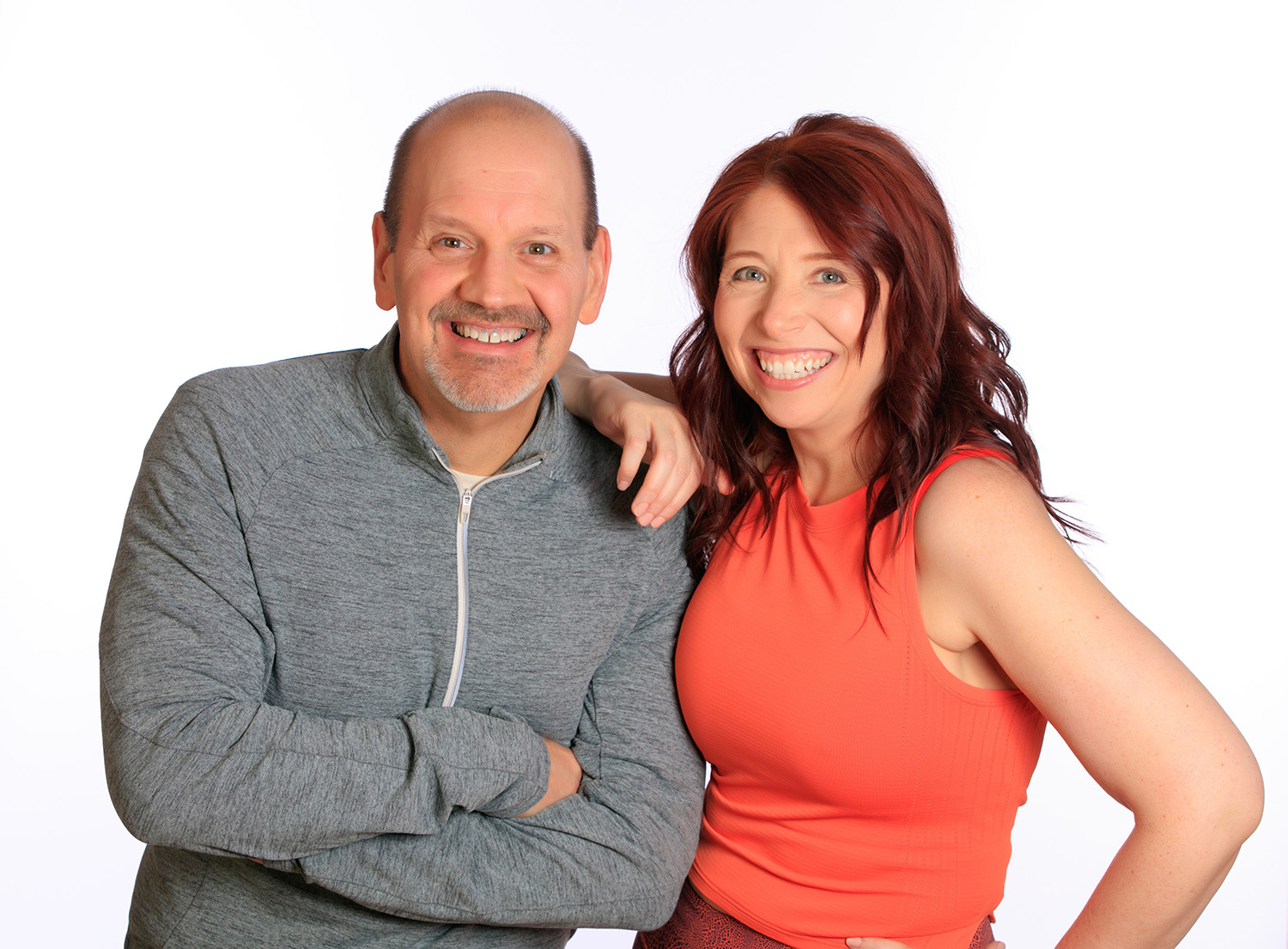Angelo on “Doing All The Right Things”
You’ve listened to all of The Clip Out’s podcasts, you’ve taken as many Peloton classes as you can, and you’ve eaten exactly the things you are supposed to eat – but you’re still not seeing the results you want. This can be very frustrating – MetPro’s Angelo Poli has some suggestions, based on the latest research.
Your Body Knows
Your body craves homeostasis, and it will constantly adapt and acclimate to try to prevent excessive weight loss or weight gain. Your body knows you cannot exist in an ongoing state of either perpetual weight gain or weight loss, and it adjusts things biologically and hormonally on a cellular level. All the different systems that work together in your body adjust to try and recreate homeostasis.
Some people might think their bodies are a lot better at one kind of adjustment than another. However, Angelo says that’s only because we don’t notice when it’s working in our favor. How many times did we gain a couple of pounds over a bad eating week? If you add up the math, you actually deserve to gain a lot more (we know it’s true!!) Our metabolism is actually working for us instead of against us. And calorie control is still the single most influential piece of the equation when it comes to predicting weight loss or lack thereof.
Calories Matter
After reviewing 45 peer-reviewed clinical studies and trials, and comparing those studies to observations of Metpro’s clients, Angelo says it all comes down to calorie manipulation. Whether you’re trying to gain muscle or lose fat (although 83% of us have fat loss as our goal), carbohydrate manipulation/control, exercise, and nutritional periodization (or cycling your nutrition) are all important. These can be done in short spurts or over longer periods of time.
Calories do matter. Your intake balance does matter. However, a downside to calorie restriction are the concepts of metabolic adaptation, metabolic drift, and adaptive thermogenesis. These are all terms that relate to your body getting used to lowering calories and slowing your metabolism. Trainers and nutritionists used to think that when you eat less, your metabolism slows because you become a smaller person. You weigh less so of course, your metabolism is slower. However, new research is showing that this process only accounts for a tiny bit of your metabolism slowing. People’s metabolism slows way more than the amount of weight they lost. Studies that measured RMR-BMR, base metabolic rate and resting metabolic rate,showed that adjusting calories resulted in declines in resting metabolic rate in as little as three days – and metabolic rates increased when research subjects were given more calories.
The bottom line is that while calorie control remains a reliable and proven method of weight loss, there will also be some kickback on it, metabolically speaking. Further, when carbohydrates are restricted, the research is not clear. Some research remains that calorie restriction is the bigger factor. Other research indicates that with carbohydrate restriction, you can lose weight a little quicker or you actually can lose a little more weight. Some of this may be due to hydration fluctuation that is associated with low-carb dieting. Restricting carbohydrates might cause you to experience some metabolic drift. When you restrict carbohydrates, your body becomes more carbohydrate-sensitive. There’s that to weigh.
Exercise- The Benefits Aren’t Always What You Think
In terms of exercise -and get your kleenexes ready, folks – you’re not burning as many calories as you think. Current research says that we have to exercise between 150 to 250 minutes a week to just prevent weight gain of greater than 3%. You’ll still gain weight. It just won’t be over 2% or 3%. However, keep in mind that of people successful at losing weight, 88% of them exercised regularly.
The bottom line regarding exercise and metabolic rate is this: when you eat less, your metabolism slows down in compensation for that. By virtue of being able to eat a little bit more and still lose weight, exercise has an extremely potent effect on your ability to continue losing weight and keep it off without plateauing faster. Exercise is huge.
Try Nutritional Cycling
The last piece of the weight loss puzzle is nutritional cycling or periodization, where you may actually eat more. This is sometimes referred to as “refeeding” or “metabolic revving.” By implementing calorie control, carbohydrate control, exercise, and nutritional periodization, people can get the best results long-term.
Keep Going- And Try All The Things!
So if you feel like you’ve tried everything and it’s not working, do not give up! There’s a strategy that will work for you. Just remember, it’s not as simple as calories in / calories out. Also – have patience! Changes will not happen overnight. Keep trying, keep moving, and remember, your health is most important.
Tune in to The Clip Out every Friday to hear Tom and Crystal’s take on this and other hot Pelotopics. We’re available on Apple Podcasts, Spotify, Google Podcasts, iHeart, TuneIn. Be sure and follow us so you never miss an episode. You can also find the show online on Facebook.com/TheClipOut. While you’re there, like the page and join the group. Lastly, find us on our YouTube channel, YouTube.com/TheClipOut, where you can watch all of our shows.
See something in the Peloton Universe that you think we should know? Visit theclipout.com and click on Submit a Tip!
Latest Podcast

Subscribe
Keep up with all the Peloton news!








